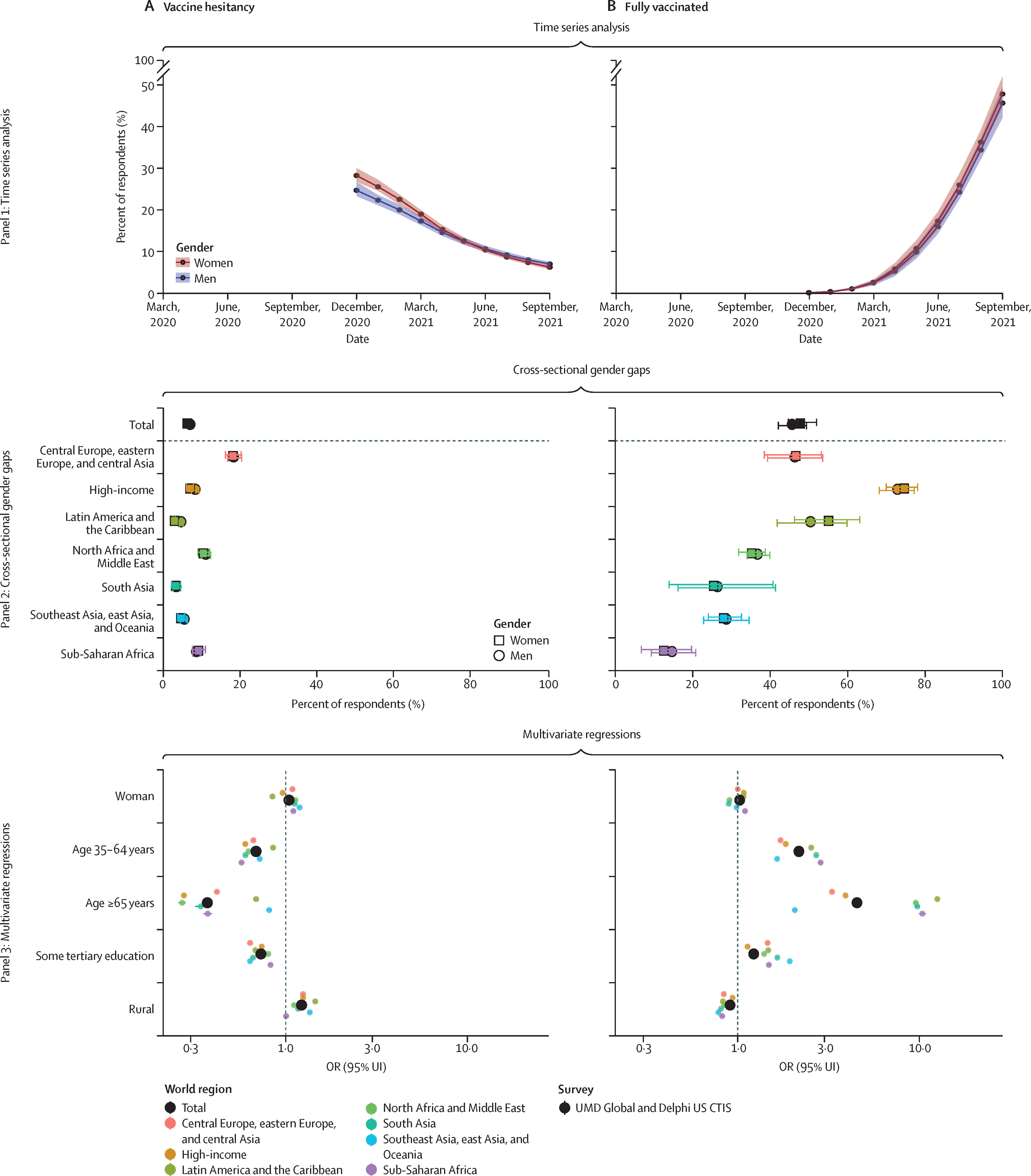Financial constraints usually hinder students, especially those in low-middle income countries (LMICs), from seeking mental health interventions. Hence, it is necessary to identify effective, affordable and sustainable counter-stress measures for college students in the LMICs context. This study examines the sustained effects of mindfulness practice on the psychological outcomes and brain activity of students.
This review highlights the role of liposomes in delivering drugs across blood-brain barrier which has been seen to reducing the pathogenesis of Alzheimer's disease (AD), Parkinson's disease (PD).
Understanding the pathogenesis that leads to carcinogenesis of HIV-related gastrointestinal KS is essential for the treatment of diseases related to KSHV infection. This study strived to evaluate the effect of miR-K12–1 on the progression of HIV-related gastrointestinal KS.
Nelfinavir is an HIV protease inhibitor that has been widely prescribed as a component of highly active antiretroviral therapy, and has been reported to exert in vitro antiviral activity against SARS-CoV-2. We here assessed the effect of Nelfinavir in a SARS-CoV-2 infection model in hamsters.
This study explores provider preferences regarding anal cancer screening indications, initiation age, tools, and referral threshold to high resolution anoscopy (HRA). Although consensus was lacking with regard to specific screening initiation age, more respondents recommended younger initiation ages for men who have sex with men (MSM) living with HIV (LWH) compared with MSM not LWH (p < 0.01).
This chapter takes research on loneliness in elderly and applies it to designing intervention programs to help prevent loneliness.
HIV has been shown to increase the likelihood of oral HPV infection. In this study, we evaluated the risk of oral HPV in HIV infected patients compared with HIV-negative controls.
This research highlights the need for thorough informed consent procedures with assessment of comprehension and exploration of personal motives prior to enrollment in cure-related trials
This Article supports SDG 3 and 5 by exploring the indirect effects of COVID-19 on gender disparities globally, showing intensified levels of pre-existing widespread inequalities for a range of health, social, and economic indicators during the COVID-19 pandemic.
This Editorial supports SDGs 3 and 5, exploring career-related challenges of childbearing and highlighting opportunities for radiologists in various career stages, so that they can make informed childbearing decisions.


